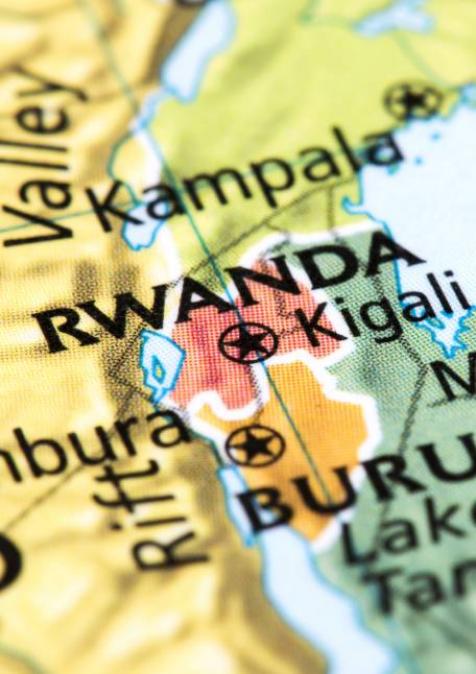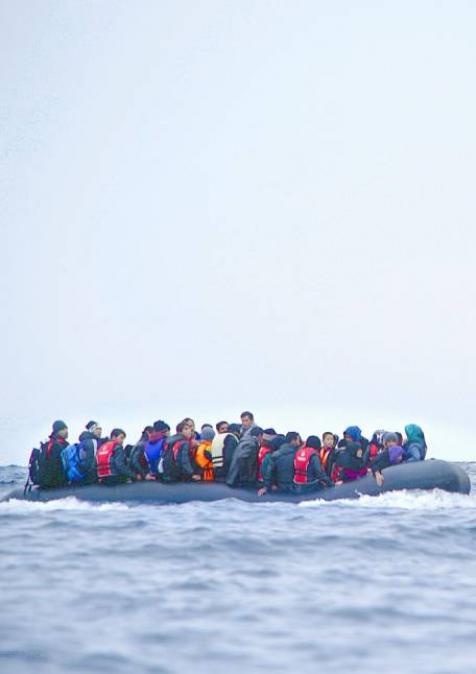Publications /
Policy Brief
En actant, fin septembre 2016, qu'il était nécessaire de réduire l'offre de brut, l'Organisation des pays producteurs de pétrole (OPEP) a de toute évidence marqué les esprits. Conjugué à l'amélioration de certains fondamentaux, l'accord de principe ainsi obtenu a créé les conditions d'un rebond des prix pétroliers. Des dynamiques spéculatives visant à tirer profit de cette embellie sont néanmoins à l'œuvre, dans un contexte de marché où les surcapacités de production demeurent présentes. La remontée des cours demeure fragile et ce n'est que si l'OPEP parvient à donner à cet accord une portée opérationnelle sur le moyen terme qu'un changement de paradigme pourra s'effectuer. Outre les contraintes (géo) politiques fortes que cela implique, force est de constater que la tâche sera rude. L'OPEP devra en effet composer avec la réalité de l'offre mondiale et s'engager dans une politique de « fine tuning » visant à maintenir les cours dans une bande de fluctuation permettant d'améliorer la situation financière de ses membres, sans néanmoins (trop) relancer la production des autres pays producteurs.









